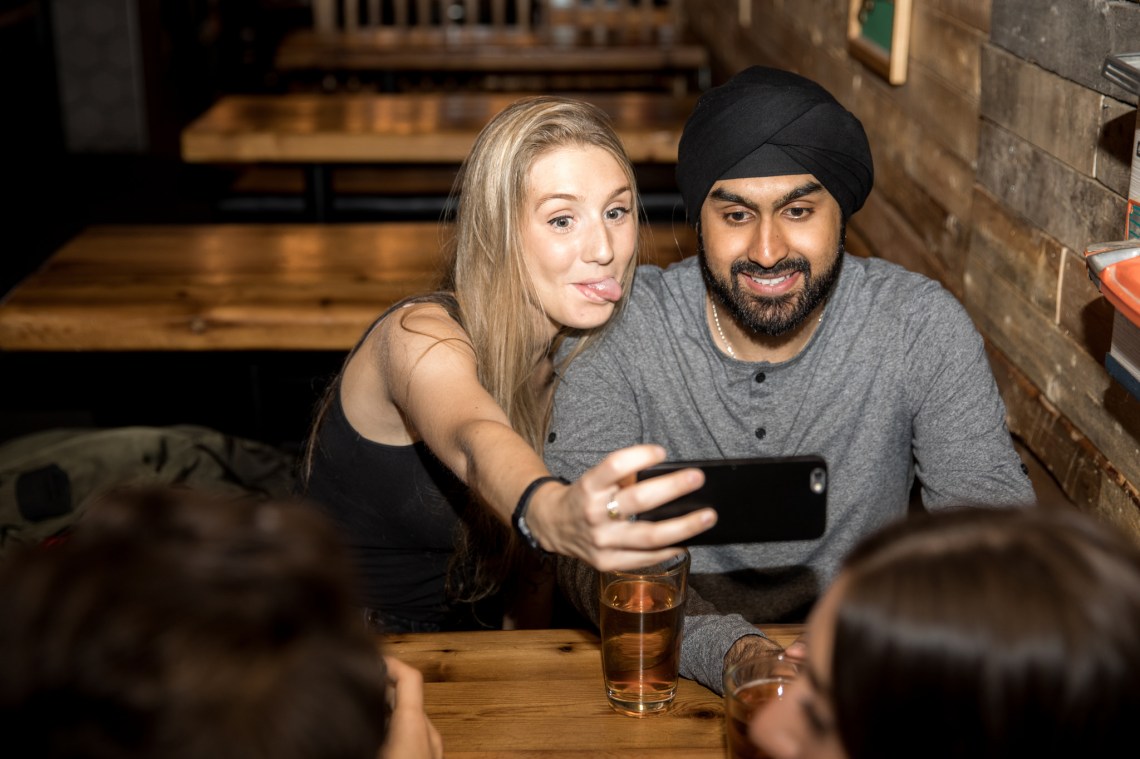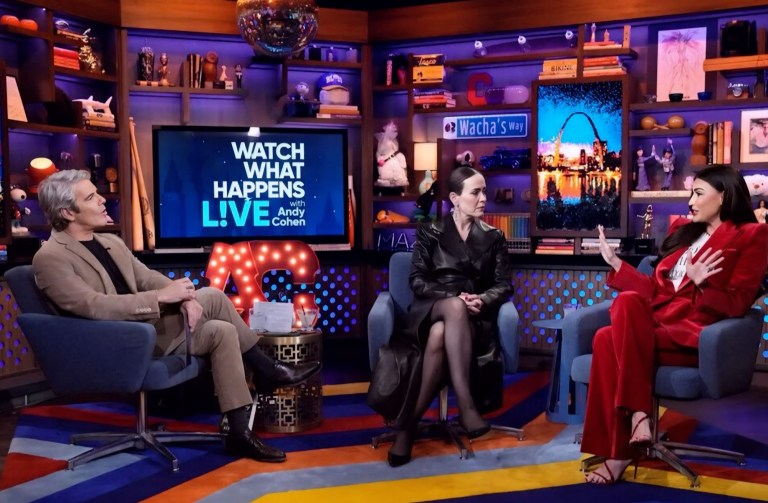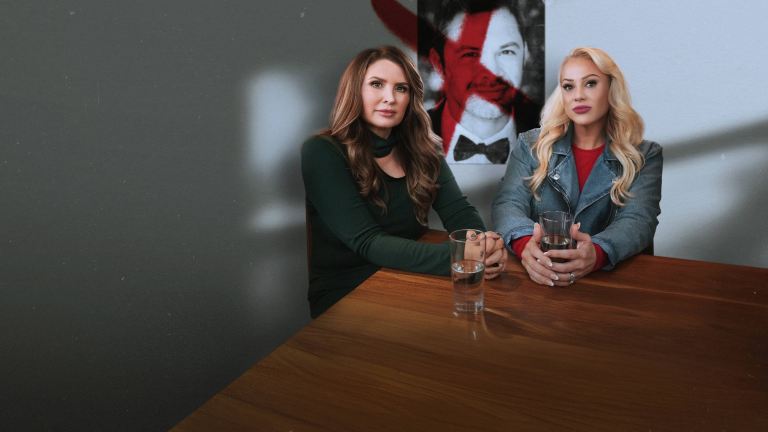
The Real Problem With Modern Dating
You don't need the emptiness of another swipe–you need the fullness of your Savior.

My friend tells me that guys seem to fall off the face of the earth after a nice date and a few texts. She can never figure out where she went wrong.
Another girl I know tells me she experiences the same thing and describes it as feeling like the “Almost Girl.”
Every time she meets a new guy on Tinder or reconnects with an ex, it seems to be going well but then he either swipes right on someone else, finds a cute girl in his DM’s, or gets a text from his ex and seems to vanish without warning…again. She feels like she’s almost pretty enough (until someone prettier steals his attention), almost interesting enough (until someone more interesting swoops in), or almost date-able enough (until someone more date-able pops up on his newsfeed). And just like that, she was almost enough but…not quite.
And it’s not just girls feeling this way. My own brothers have shared with me similar frustrations they have with girls that they meet.
There seems to be a lot of mixed signals, confusion, heartbreak, and many good things ending with ambiguity and silence instead of with closure and honesty. There’s a growing fear of commitment as millennials swipe left and right through the virtual catalog of possible mates the internet offers. And when one after another seem to crumble without warning, far too many are left asking:
WHAT IS WRONG WITH ME?
I don’t know the specifics of your love life but I do think that the digital dating trend has become so convenient that real dating and true commitment are contaminated by it.
Before you get angry and defensive, let me just clarify that I’m not saying you can’t meet someone online. Heck, my husband and I kind of met online. We had mutual friends and followed each other on Instagram (it was not nearly as popular as it is now, I didn’t even have my blog then!) before we had ever met in person. When we had to date long distance, most of our communication was on the phone and via texting. So hey, I’m not saying meeting someone online or using technology when dating long distance can’t work out.
I am saying is that always having a pocketful of other potentially ‘better’ options (or so goes the lie we believe) at the touch of a button makes commitment incredibly hard on a person. The excitement that comes when someone new finds you attractive makes it much harder to stay focused on the person you just had coffee with.
It’s as if our generation is becoming less and less equipped to meet a decent, quality human being, accept their flaws or mistakes, and have a conversation about the hard stuff because it’s almost becoming unnecessary. One can always swipe right and find someone else if any ounce of doubt crosses his or her mind. The options are virtually endless.
Again, I know not EVERYONE does this–at least not intentionally– but it’s like the world is obsessed chasing butterflies. I mean, who doesn’t like the thrill and excitement of someone finding us attractive (and virtually telling us by swiping right), a first date, a first kiss, etc.?
But the problem with chasing butterflies is that they fly away.
The temptation to chase that feeling of excitement and approval that comes with each new swipe and with something (or someone) fresh and new is escalated by the convenience of apps like Tinder. There’s always a new option…and then the girl (or guy) ends up feeling like they’re always ALMOST enough…but again, not quite.
Studies have shown that the feeling those apps bring–the feeling of approval and instant gratification–has been considered addictive for some (even after meeting a decent human being that they actually like!)
The Huffington Post published an article on this issue a couple years ago:
That deeply personal, useful and instantly gratifying information makes Tinder an addictive experience, with each match fueling a kind of emotional high. Research has shown “likes” on Facebook and retweets on Twitter can release a dopamine surge that, in some cases, lead to social media addiction. Now imagine the chemical effect of immediate e-feedback that’s even more personal: While Facebook tells you if someone liked your status update, Tinder tells you if someone likes you. How soon will it be before people go from enjoying that feeling to craving it?
Tinder’s popularity both underscores and feeds an obsession with constant acknowledgment and approval. It suggests we’re all but starving for likes, eager for affirmation, and will no doubt be suffering even more acute Tinderitis in our push to figure out which strangers, and how many, think we’re hot.
Other studies have shown that the very feeling you experience when you feel like the Almost Girl–the icky feeling of low self-esteem and not enoughness–is correlated to apps like Tinder.
So if you’re having trouble dating, if you constantly feel like possible relationships fall through before you even have much of chance, please realize that the problem isn’t you. The problem is chasing that “emotional high,” or, butterflies. And now there are literally apps for capturing them.
What’s the answer, then?
I’m not sure there’s a perfect solution. This whole dating thing is inevitably going to be trickier and trickier as these apps and sites become more and more popular (and addicting). The problem isn’t you but you don’t have to feed into the problem by having a presence on those apps or by playing into the culture.
Don’t lower your standards. Because you’re not the almost girl. You’re not almost enough, you’re always enough–even if that guy didn’t like you back or ask for a second date.
The butterflies may have just landed somewhere else.
So I log off for a second, delete the apps, and stop asking what’s wrong with you when things don’t work out. Because you don’t need the emptiness of another swipe–you need the fullness of your Savior (Hebrews 13:6). ![]()











